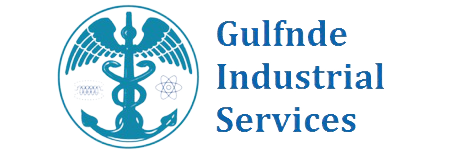Kaizen, which means "change for the better" or "continuous improvement" in Japanese, is a concept that has gained popularity in recent years as a way to improve business processes and personal productivity. The idea behind kaizen is to continually improve processes, systems, and products by making small incremental changes over time. This approach has been successfully implemented in a variety of industries, from manufacturing to healthcare to software development.
The
philosophy of kaizen is grounded in the belief that improvement is not a
one-time event, but a continual process that must be ingrained in the culture
of an organization or individual. Kaizen encourages a mindset of constantly
seeking ways to improve processes, products, and services by eliminating waste,
reducing errors, and increasing efficiency. By focusing on incremental changes,
the goal is to create a culture of continual improvement that leads to
significant long-term gains.
The
principles of kaizen are based on several key concepts, including:
Standardization:
Establishing clear standards and procedures for all processes and tasks.
Continuous
improvement: Making small incremental changes to improve processes, products,
and services over time.
Waste
elimination: Identifying and eliminating all forms of waste, including defects,
overproduction, waiting, unnecessary processing, excess inventory, unnecessary
motion, and unused talent.
Employee
empowerment: Encouraging employees to take ownership of their work, identify
problems, and suggest improvements.
Teamwork:
Encouraging collaboration and communication among employees to identify and
implement improvements.
Quality
focus: Prioritizing quality over quantity and ensuring that all products and
services meet or exceed customer expectations.
The
benefits of kaizen are numerous, including increased productivity, improved
quality, reduced costs, increased customer satisfaction, and a more engaged and
empowered workforce. By focusing on continual improvement, organizations can
stay competitive and adapt to changing market conditions, while individuals can
achieve their personal and professional goals by constantly seeking ways to
improve their skills and processes.
In
order to implement kaizen successfully, organizations and individuals must
adopt a mindset of continual improvement and embrace change as an opportunity
for growth. This means being open to new ideas, being willing to experiment and
take risks, and being committed to ongoing learning and development. By doing
so, they can create a culture of excellence that fosters innovation,
creativity, and growth, and helps them achieve their goals and aspirations.
In
conclusion, kaizen is a powerful philosophy that emphasizes the importance of
continual improvement. By making small incremental changes over time,
organizations and individuals can achieve significant long-term gains in
productivity, quality, and customer satisfaction. By adopting a mindset of
continual improvement and embracing change as an opportunity for growth, they
can create a culture of excellence that drives innovation, creativity, and
success.


